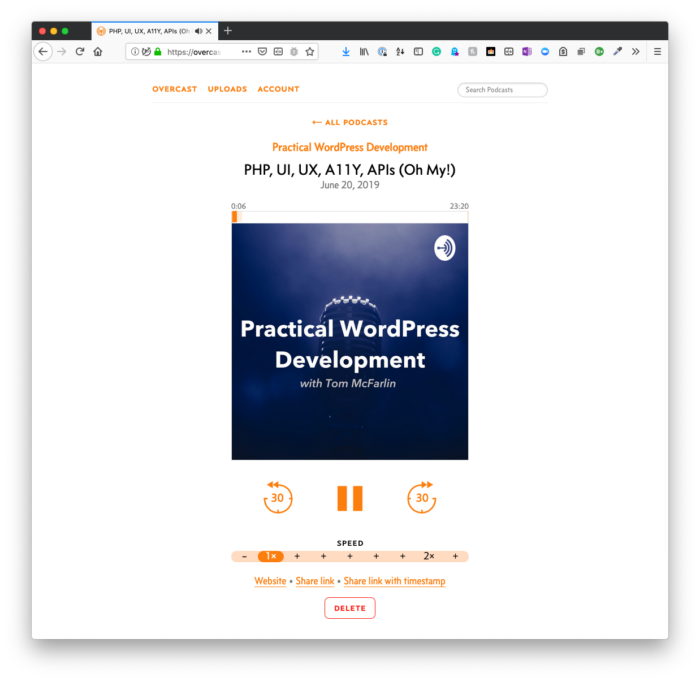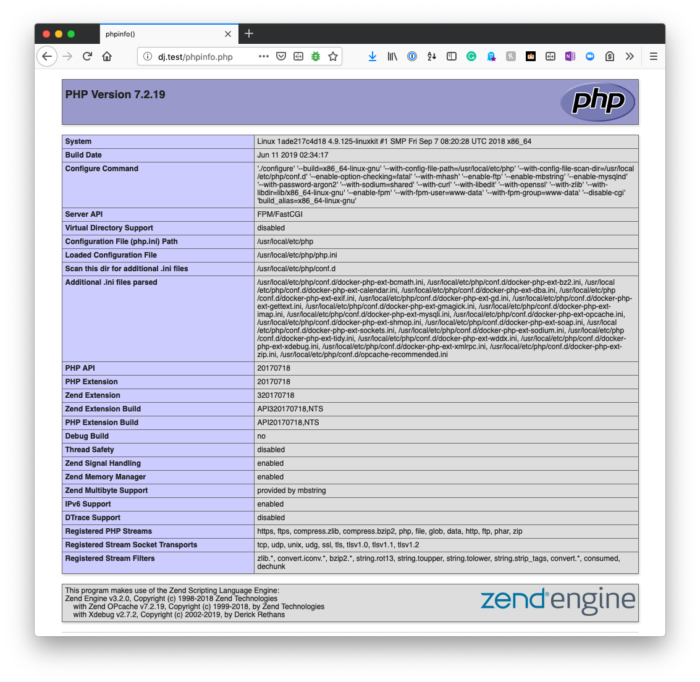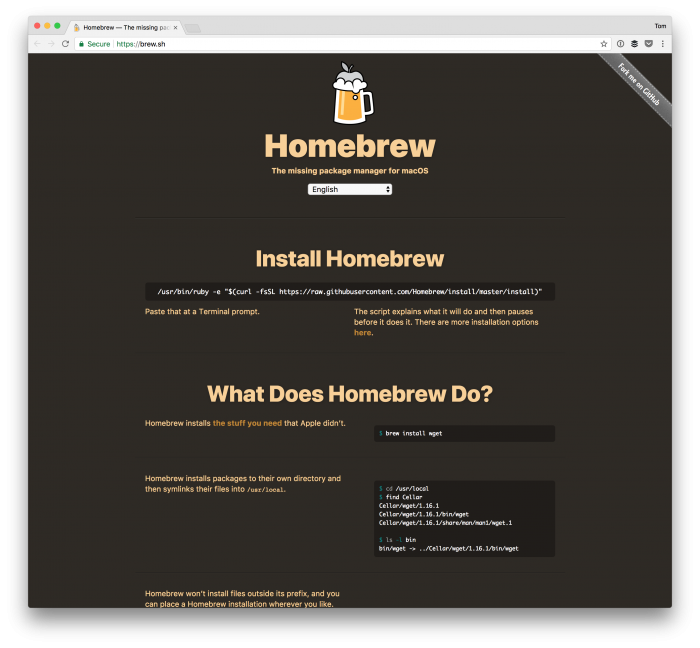In the last eight years or so, maybe less, the way we blog has changed. Maybe not so much in terms of how we do it but in terms of:
- what it is that we have to say,
- how we say what we want to say,
- how other people read what it is that we have to say (which is really more on them but you get it, right?)
I remember when it was much more about the comment engagement and also sharing what we thought, learned, or viewed on a particular subject.
As much as possible, I still try to stick to that. That is, I try to share:
- what I’m doing,
- what I’ve learned,
- and my perspective on a given subject.
Now, though, I’m not as much concerned about the comments (hence why I turned them off some time ago). This doesn’t mean I don’t care about feedback – I do – but I find when people have to jump through a few extra steps to provide feedback, the quality of it goes way up.
Anyway, it seems to me that blogging has drastically changed in one major way over the last few years:
We write for a reaction rather than edification.
Reaction, in and of itself, isn’t bad. Of course, it’s not. But the type of reaction we seek may be. But I’m not here to get too much into that. Instead, I’m wondering if the purpose of blogging hasn’t changed.
Continue reading




